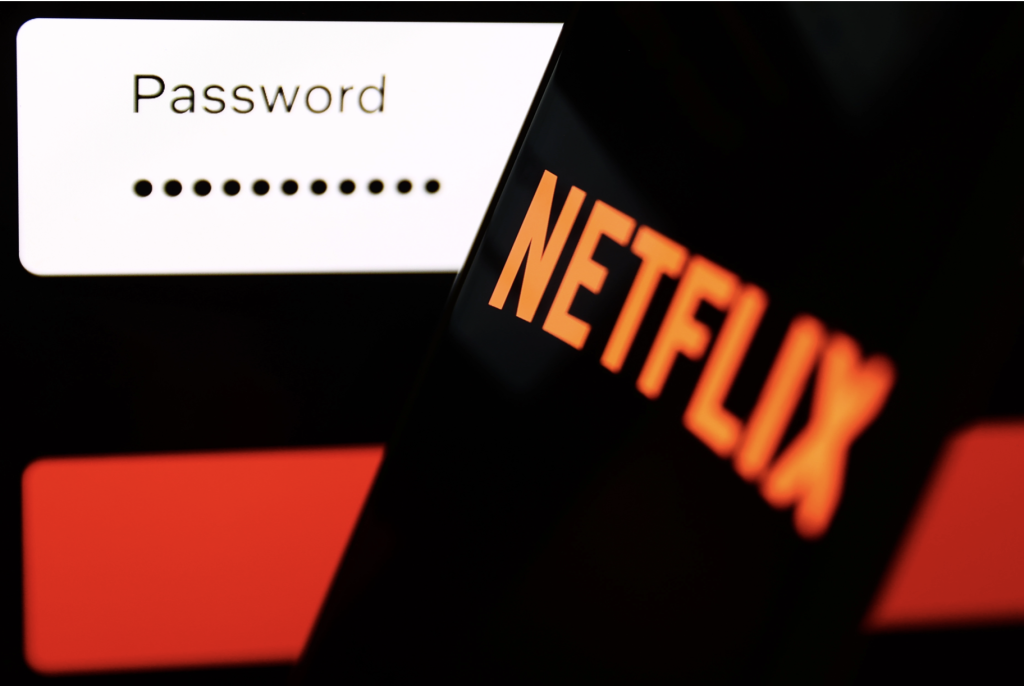Netflix announced on Tuesday that it will be cracking down on password sharing in the US and UK. This will affect viewers who share their accounts with people outside their households. While this may not come as a surprise, the details of the crackdown may.
Costs of Sharing
If you have the Netflix Standard plan that costs $15.49 per month, then you have the option of adding one extra member who can use the service outside your household for $7.99 extra each month. If you are on the Netflix Premium package with 4K streaming, you can add up to two extra members, but each one will cost another $7.99. However, if you are a subscriber on the two cheapest plans (Basic or Standard with Ads), which cost $9.99 and $6.99 per month respectively, you don’t have the option to add extra members to your account.
Implementation of the Crackdown
Netflix subscribers who share the service “outside their household” in the US will get an email about the company’s password-sharing policies starting on Tuesday. In the UK, subscribers will be charged £4.99 each month for extra member slots. It is worth noting that password sharing is not illegal, but it is against Netflix’s terms of use.
Maybe the new tweet should be, “Love is asking your friend / partner to pay for sharing your password.”
Why the Crackdown?
While password sharing may seem harmless, it can have a significant impact on Netflix’s bottom line. According to a survey by Magid, nearly 35% of Netflix subscribers share their passwords with people outside their households. This means that Netflix could be missing out on billions of dollars in revenue. The crackdown on password sharing is an attempt to increase revenue and continue to deliver high-quality content to their subscribers.
It is important to remember that Netflix is a business that needs to make a profit to continue providing quality content. If you want to continue sharing your account with someone outside your household, you will have to pay for the privilege. Alternatively, you can opt to create a separate account for them, which may end up being a cheaper option in the long run.
